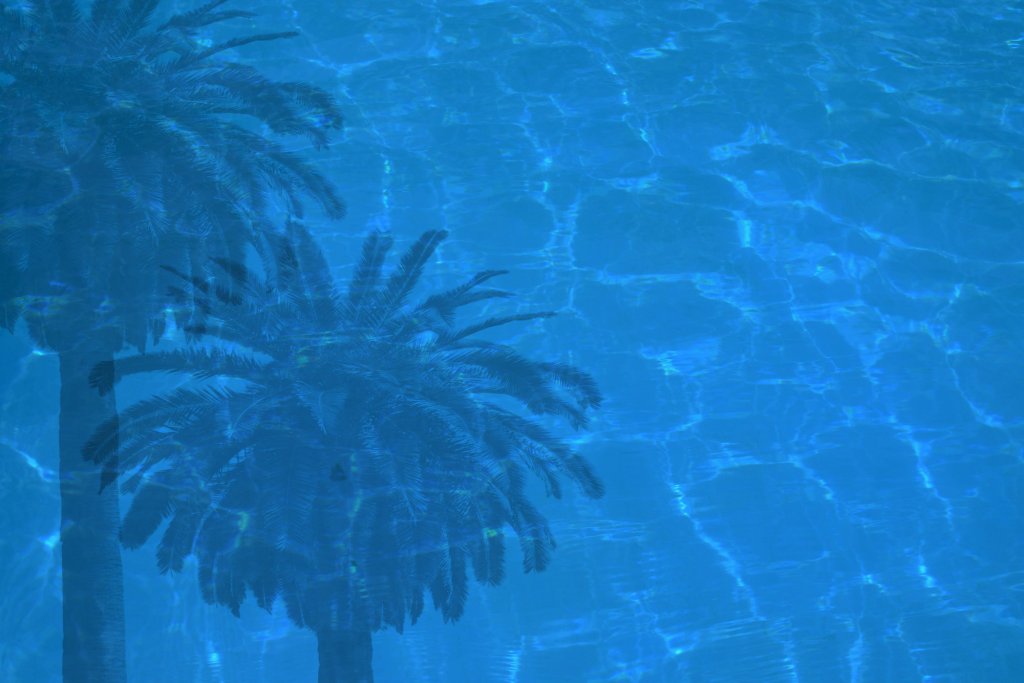Two bills backed by the Florida Swimming Pool Association have passed through the legislature. If signed by Governor Ron DeSantis, laws governing pool/spa subcontractors will change, and FSPA’s nonprofit foundation will see a new fundraising avenue.
After two previous attempts, a third proved the key for a bill that FSPA believes will help solve labor shortages in the Sunshine State. Senate Bill 222 would remove the licensing requirement for pool/spa subcontractors currently required by Section 49 of the Florida Statues.
“This is going to open up a section of subcontracting labor that has been legally unavailable to the industry up to this point,” said Dallas Thiesen, senior director of government affairs for FSPA. “It’s going to bring the ability to bring a lot more people into the industry.”
Thiesen said the current licensing requirements for subcontractors are nearly as difficult as those for the pool/spa contractors who hire them. “The status quo is incentive against getting the specialty subcontractor license,” he said.
If the law changes, subcontractors can work under the supervision of the pool builder that holds proper licensing. This applies to subcontracting firms, sole proprietors or individuals working as independent contractors.
While other versions of the bill hit last-minute roadblocks in previous years, the latest iteration passed unanimously and without amendment, not only in both houses, but in every committee as well. Thiesen characterized FSPA’s outlook as “cautiously optimistic” that DeSantis will sign.
“We’re not counting our chickens until they’re all the way hatched, but we’re feeling very good at this point,” Thiesen said. “It fits the governor’s priorities, it’s about making the trades more efficient.”
If signed, the change takes effect July 1.
The other legislation, Senate Bill 367, designates a special license plate for Florida Swims, FSPA’s nonprofit foundation that, among other things, advocates for every child to learn to swim.
If the bill is signed, the state will produce license plates designed by FSPA and sell them at a premium. Funds raised by the markup will be donated to Florida Swims.
The association plans to use the funds to provide swimming lessons and promote swimming lesson awareness throughout Florida, Thiesen said.
At presstime, neither bill had been sent to the governor yet. Once DeSantis’ office receives them, he has 15 days to sign.
